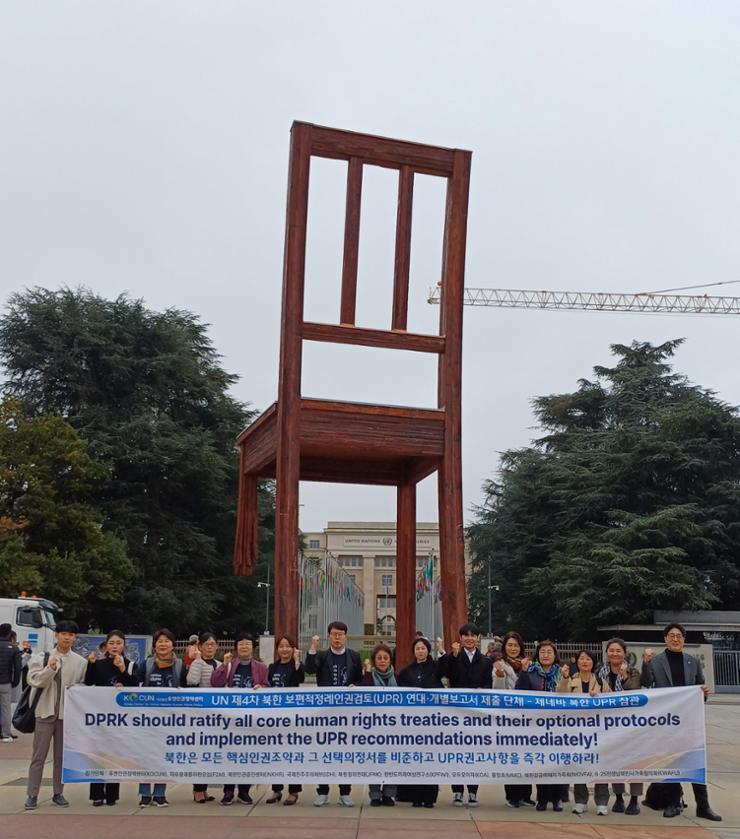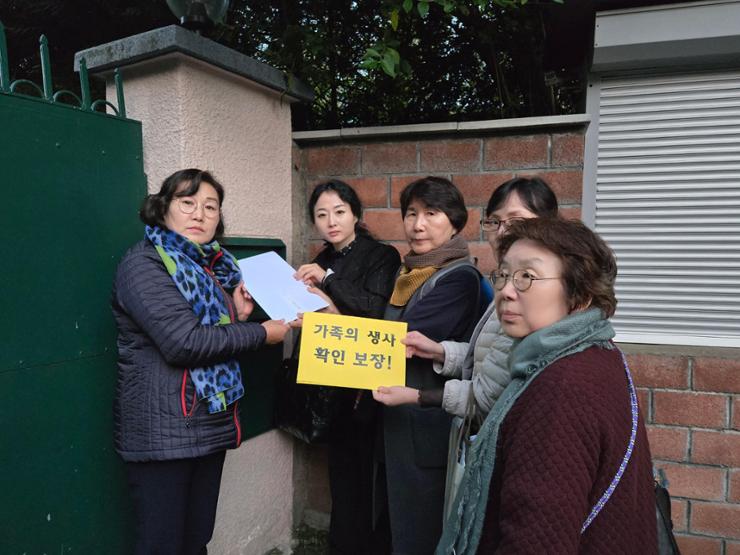During North Korea’s third UPR, global community
issued 262 recommendations. However, the regime
accepted only 132, rejecting around 130
By: Kim Min-hyuk

The Universal Periodic Review (UPR) system, involving all 193 UN member states, conducts peer reviews of human rights conditions every four and a half years. Each year, 42 countries undergo evaluation, receiving recommendations for improvement from other member states. The reviewed country then reports its progress to the UN Human Rights Council in the next cycle.
During North Korea’s third UPR, the global community issued 262 recommendations. However, the regime accepted only 132, rejecting around 130, including critical issues like closing political prison camps and banning forced labor. Instead, North Korea accepted minimal-impact recommendations, such as “enhancing international cooperation on human rights” and “supporting vulnerable populations.”
Five years later, as North Korea prepares for its fourth review on November 7, its human rights situation remains dire. Despite initial promises, the regime’s human rights abuses have worsened. Measures introduced since the COVID-19 pandemic have further restricted basic freedoms, with laws such as the Reactionary Ideology and Culture Rejection Act limiting autonomy and expression. The regime enforces strict punishments, including execution, for violations, such as using South Korean language or sharing South Korean media, posing severe threats to freedom and life.

The country’s food distribution system has collapsed, creating vast disparities in food access between the ruling elite and ordinary workers. The healthcare system, once nominally free, now suffers from extreme inequality, forcing many to rely on unregulated drugs and folk remedies.
For vulnerable groups, the conditions are equally grim. Women face promotion barriers in the workplace, while children are mobilized for labor, including scrap metal collection and rice planting. The regime also collaborates with China to repatriate North Korean defectors, who often face imprisonment or public execution upon return, labeled as “traitors to the motherland.”
As North Korea’s fourth UPR approaches, the international community has a renewed opportunity to pressure the regime on its human rights record. The upcoming review can help highlight the regime’s hollow promises, urging North Korea to genuinely address human rights abuses and improve conditions for its people.























